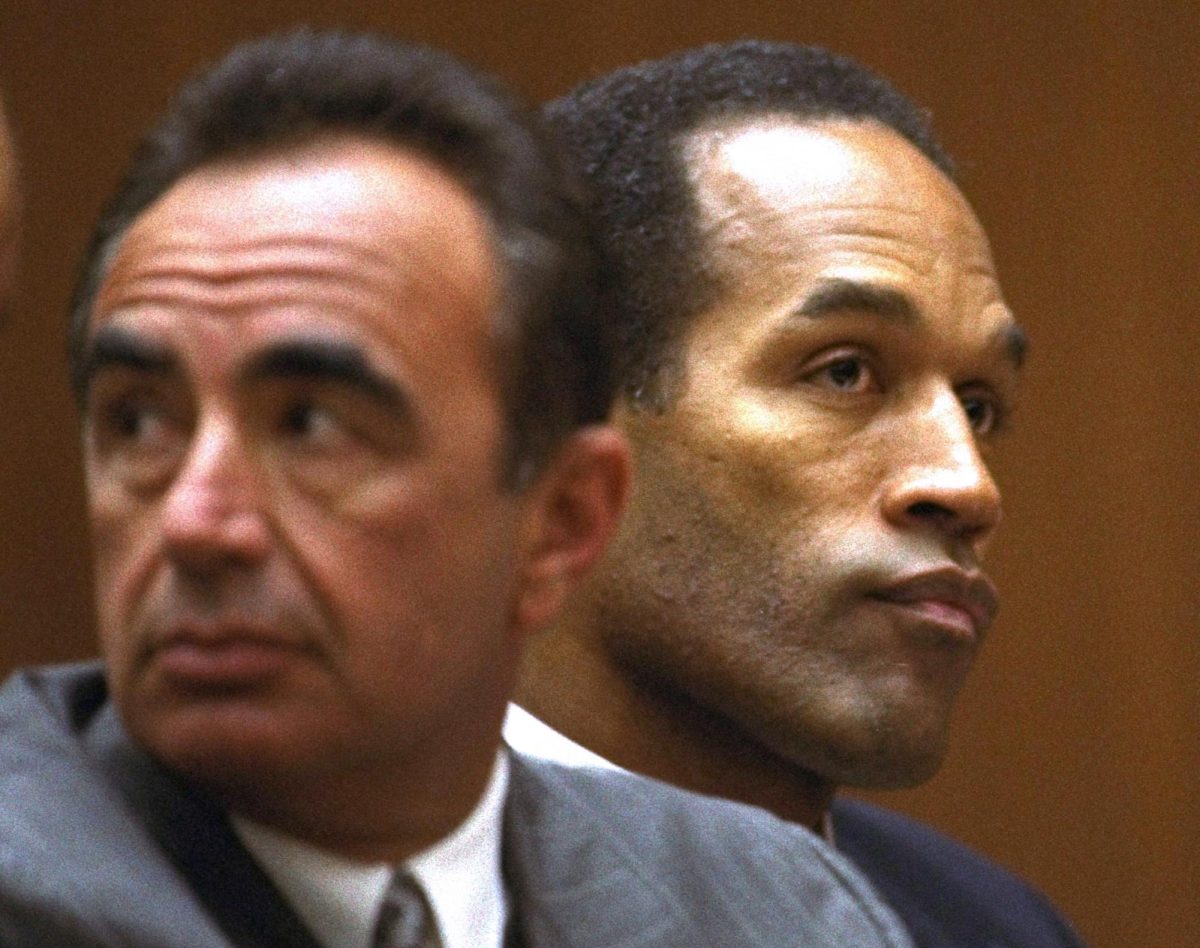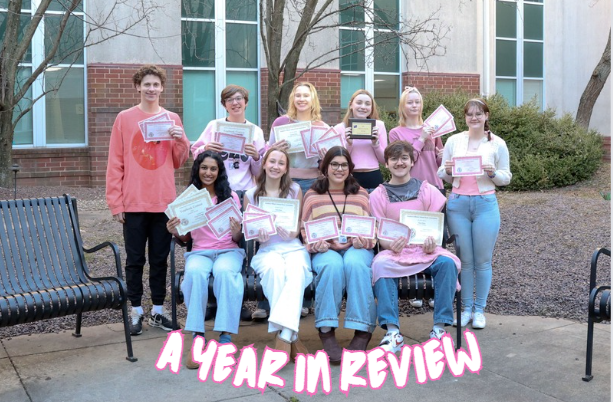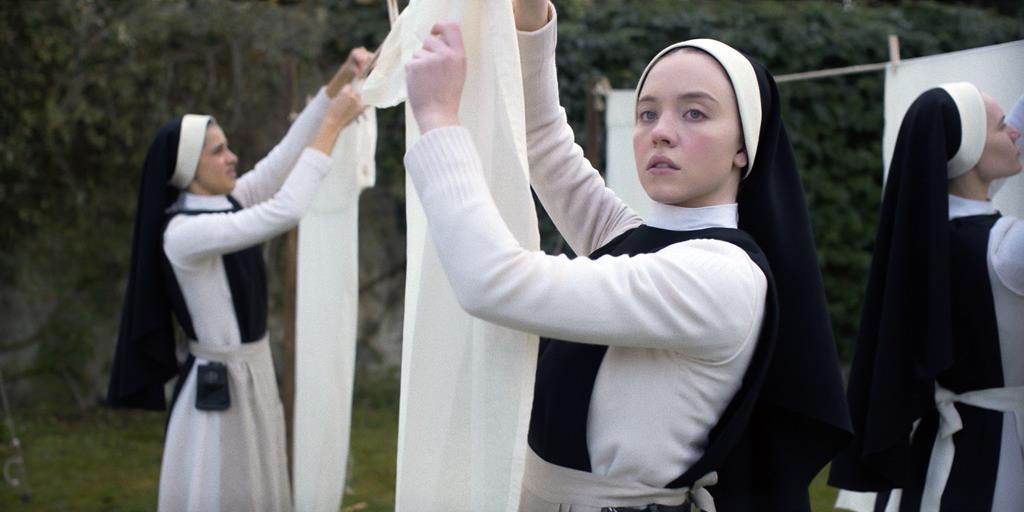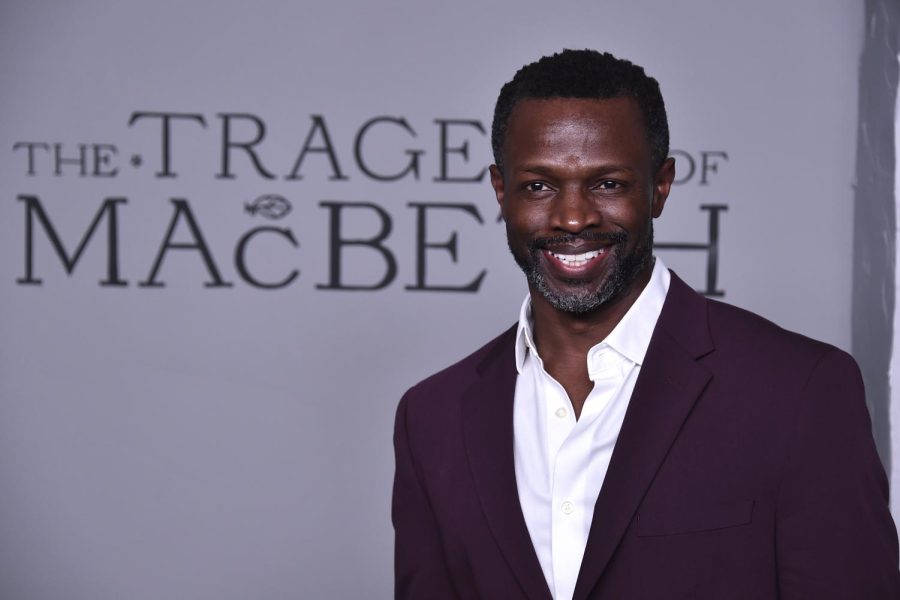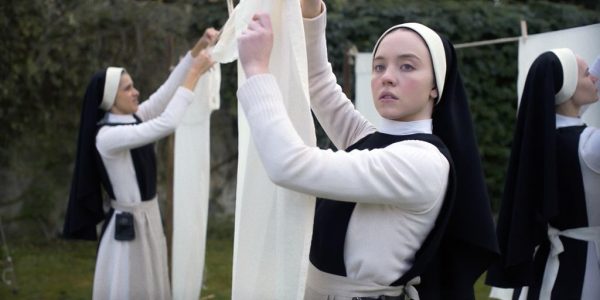2022: The Year of Black Movies
Sean Patrick Thomas at the Los Angeles premiere of “The Tragedy of MacBeth.”
January 28, 2022
2022: The Year Of Black Movies
The crowd murmurs and the screen fades to black.
As the curtains draw on 2021’s film year, there’s a difference in the names that furnish the credits. With titles like “Judas and the Black Messiah,” “Respect” and “Fatherhood,” Black representation on the big screen has hit an all-time high in 2021.
While this is a marked improvement from the distinct lack of melanin in the last century’s cinema, there’s still room for improvement in the year to come. So what Black films should we keep our eyes out for in the new year?
This list is in order of release date.
The Tragedy of Macbeth
First is a title that released at the end of 2021 but was largely unavailable until early this year.
“The Tragedy of Macbeth” is Joel Coen’s take on Shakespeare’s play. Utilizing monochrome filming alongside sleek and simplistic sets and costumes, Coen’s film is unique in its ethereal portrayal of human emotion.
While the direction alone doesn’t make this film culturally significant, the strong leading cast does. Starring Denzel Washington (Macbeth) alongside the likes of Corey Hawkins, Moses Ingram and Sean Patrick Thomas, “Macbeth” turns the well-known original on its head by bringing diversity and race to the forefront of the film.
Aside from the casting, this film is made remarkable by how naturally the actors fill their roles. It’s as if Macbeth, a traditionally white character, was made to be played by Washington.
“The Tragedy of Macbeth” sets a powerful precedent and a high standard, for high-profile film adaptations and 2022’s film scene alike.
The film began streaming on Amazon as of Jan. 14, 2022.
Nope
Unlike “Macbeth” in that it’s directed by a person of color, “Nope” is Jorden Peele’s third film since his debut with the critically acclaimed “Get Out” in 2017.
Actor-turned-director Peele is well known for his original and horrifying take on the genre, according to Time’s Stephanie Zacharek.
“…Jordan Peele’s 2017 Get Out was a brash and intriguing debut,” Zacharek said. “A picture that wrestled with the notion of whether or not America can ever be a post-racial society: Vital and spooky, it refused to hand over easy answers.”
“Get Out” and his second film, “Us,” are both thematically focused on racism and cultural identity in America.
For “Nope,” Peele returned to working with Daniel Kaluuya, the lead actor in “Get Out,” alongside Keke Palmer and Steven Yeun.
Little is known about the plot of Peele’s new film, which has no official trailer. With that and Kaluuya casting, some, including the Guardian’s Stuart Heritage, think the film could be a sequel to “Get Out.”
“…don’t be surprised if Nope turns out to be a relentless bombardment of grotesque scenes…” Heritage said in analysis of the poster’s and title’s hints.
If the film follows the trends of Peele’s other work, “Nope” is likely to be pointed in theme and cinematography alike.
“Nope” has a tentative release date of July 22.
The Woman King
Similarly committed to cultural heritage, Gina Prince-Bythewood has set out to create an action-filled historical fiction based on the powerful women of African history.
“The Woman King” will tell the story of Dahomey, a dissolved African nation, and its elite retinue of female warriors. It deals specifically with Nanisca, a general, and her daughter Nawi as they face attacks and enslavement on multiple fronts, according to the Movie Insider.
The film’s cast is primarily Black women, featuring Viola Davis (Nanisca), “Underground Railroad” star Thuso Mbedu (Nawi) and Adrienne Warren alongside other well-known faces like John Boyega.
Prince-Bythewood’s African historical fiction will be a refreshing entry into the industry, especially at this scale, with one of the last African stories worth mentioning being “From A Whisper” (2009), which focused on a U.S. Embassy.
Still in production, “The Woman King” is slated for Sept. 16.
Spiderman: Across the Spider-Verse
For those looking for something lighter, the last entry on this list is sure to deliver without sacrificing the cultural significance of titles like “The Woman King.”
“Spiderman: Across the Spider-Verse,” the two-part sequel to “Into The Spider-Verse” (2018), will continue the story of Miles Morales (Shameik Moore) through an eclectic multiverse of infinite possibilities.
In the first film, the polished animation style, full of cell shading and pop text, embodied all that was special about classic comics. For the sequel, if producer Chris Miller is to be believed, the ambitious animation far exceeds that of its predecessor.
“…the idea [was] that we’d be going to different dimensions really opened up an opportunity artistically to have each world have its own art style,” Miller said in an interview with Collider. “And to be able to push the folks at ImageWorks to develop a way to have each dimension feel like it was drawn by a different artist’s hand.”
Aside from the cinematograph, cultural representation is the series’ strength.
Morales is a Black and Puerto Rican man, one of the first characters to give children from both backgrounds a hero they can recognize.
The first half of “Spiderman: Across the Spider-Verse” is set to come out Oct. 7, it was pushed back from April due to COVID, while the second’s airing date is unconfirmed.
And while that is a long time away, the wait is worth it to witness a year brimming with cultural milestones.
For all its shortcomings, 2021 was a great year for filmmakers and actors of color, but with luck, the growing roster for 2022 will surpass any year to date. Few other times in history could a cultural revolution be witnessed quite so easily.
All you have to do is put your feet up and watch.




